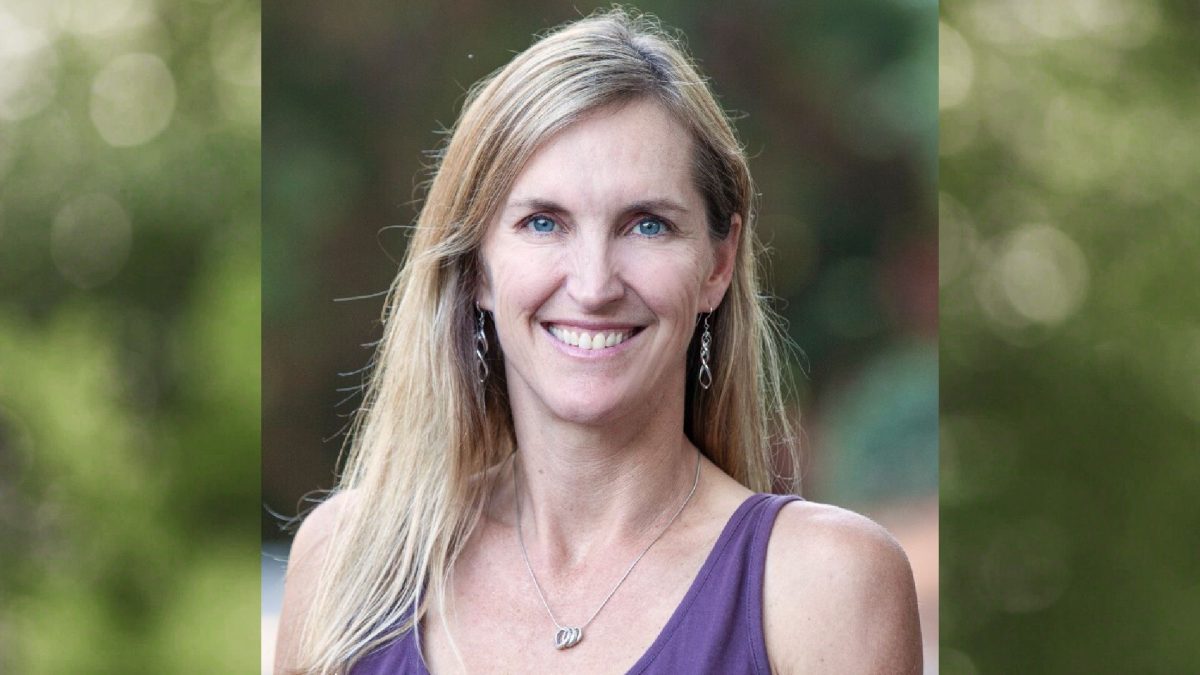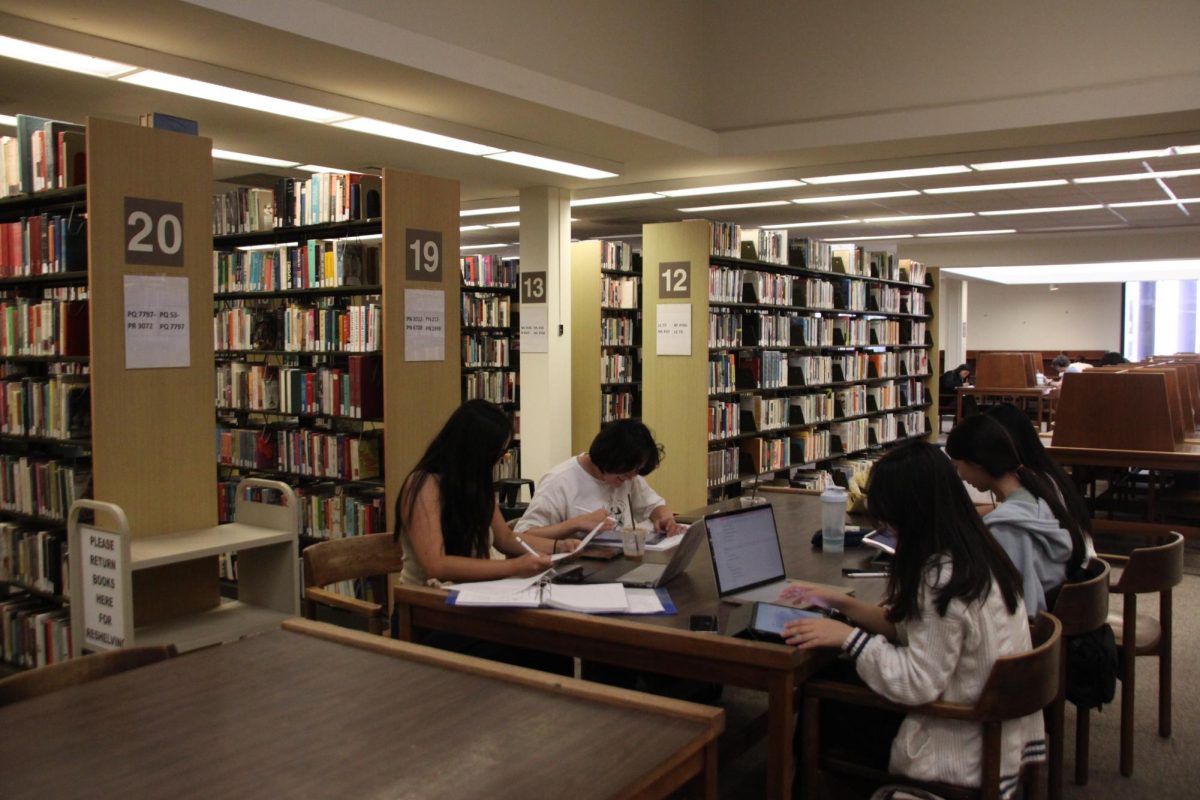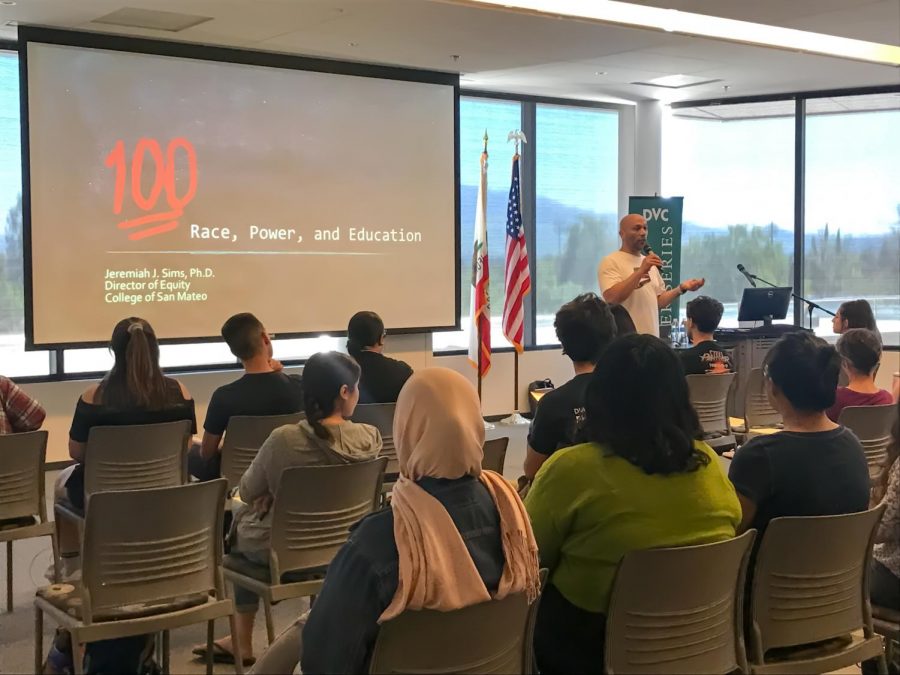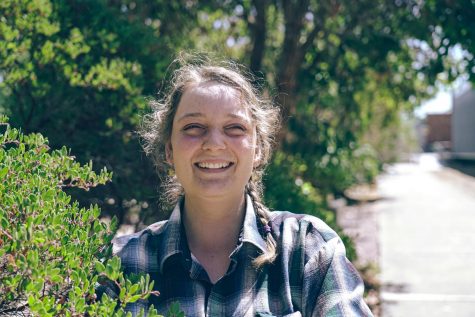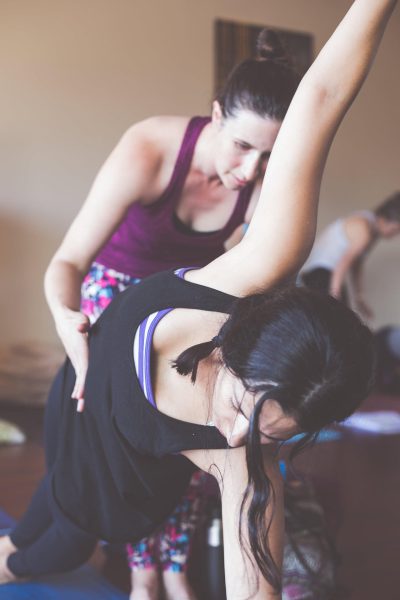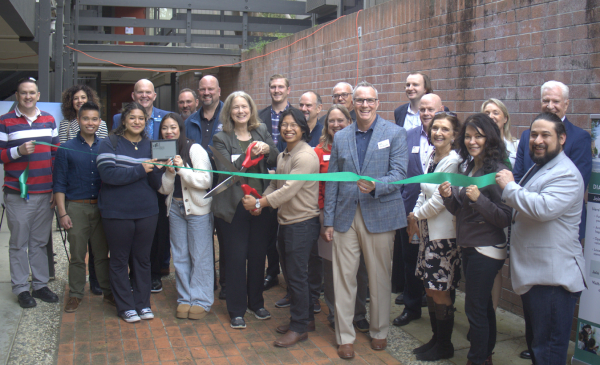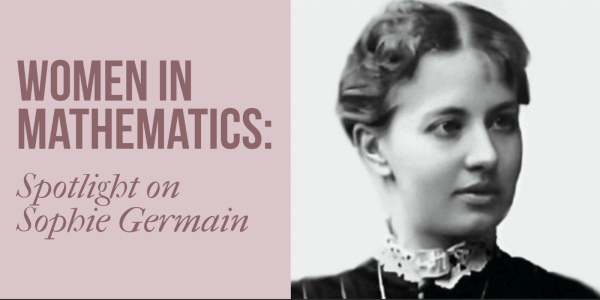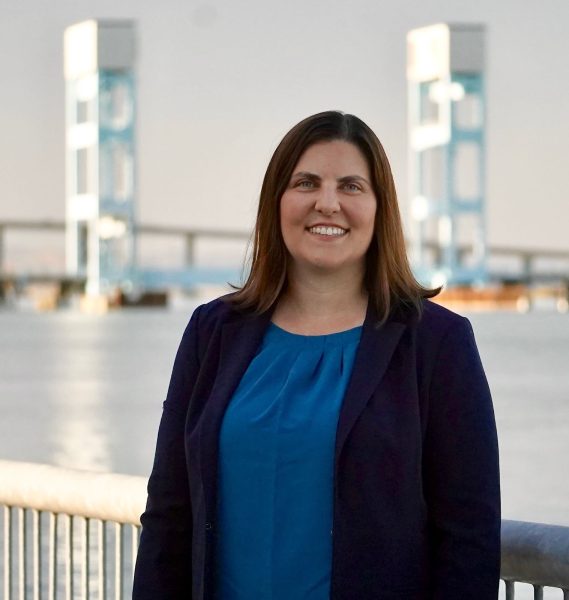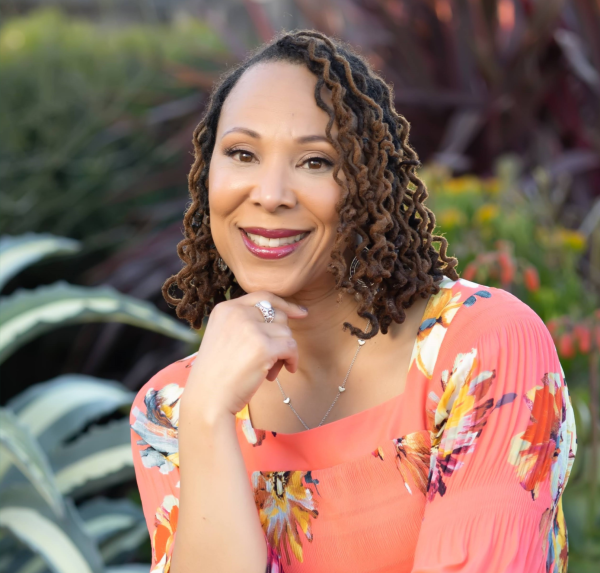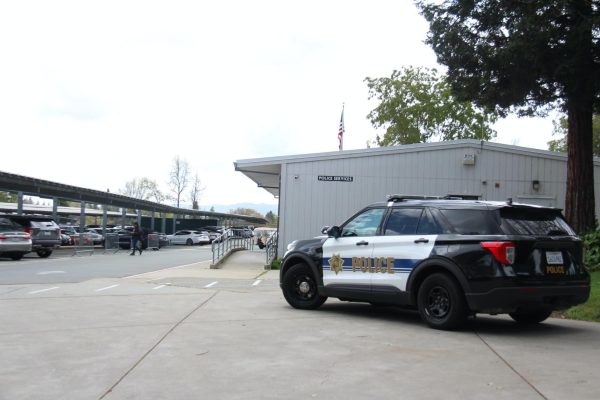Dr. Jeremiah Sims takes on the problem of inequitable equality
Jeremiah Sims talks at the last Equity Speaker Series event of the semester. (Pavlina Markova/The Inquirer).
April 26, 2019
Dr. Jeremiah Sims spoke during the last Equity Speaker Series event which took place Wednesday. His presentation, however, did not begin with him being officially introduced at the beginning of this event; instead, he made sure to personally meet each and every person in the room beforehand.
“I wanted to make sure everybody felt welcomed in this space,” he said about his ways.
Sims’ presentation was as much a presentation as a workshop. Students, faculty and staff were to introduce themselves to each other only by their culture. They made paper planes and had a contest at whose paper plane would fly the farthest. However, these activities weren’t just games; they were Sims’ way to show students in practical ways what he was talking about.
To have students understand where the problem lies with overall communication and understanding in the question of equity, Sims asked students to introduce themselves to each other by their cultures. Each of the students was to listen for two minutes without interrupting, while the other described themselves without talking about their majors, jobs, or ages.
After the exercise, Sims went on asking students which group of people they thought usually hated that exercise the most.
“White men,” Sims said as an answer to the question. “You know why? Because they have to listen for 2 minutes,” he said. He went on to say why this was important – because it prevented real communication from happening and many people from understanding what equity really is.
“What I’m really talking about is white supremacy,” he said in the end.
To further explain the true meaning of equity, Sims had students get into groups and build paper planes. This practice showed students the difference between equity and equality and why that difference matters.
All groups got exactly one piece of paper, had five minutes to discuss how they were going to design their paper planes and two minutes to build them. The conditions were equal. However, some of the papers were torn, smaller, or crumpled, while some of the groups had people who knew how to build paper planes or got paper in good condition. This was to show that while the conditions were equal, they weren’t equitable.
“Often times, we are asking for, fighting for, pleading for equality, while equality really isn’t where we wanna be, right? We need things to be equitable,” said Sims in regards to the exercise.
He then went on to explain more in-depth the difference between equity and equality, using real-life examples to present students with situations they could easily understand.
“Equality is giving everybody the same thing, … (while) equity is giving people what they actually need because you spend time trying to figure out what those needs are,” he said to close the matter.
After the presentation, Sims spent some more time chatting with students, answering their questions and giving out pieces of advice.
“It really, really changed my point of view and my mind about this kind of things,” said Aliyeh Khavari, who came to the event thanks to her sociology class.
Others enjoyed the overall educational aspect of the presentation.
“I thought that it was excellent,” said Saud Molaib, one of the students who attended the event. He described the presentation as “very informative and empowering for all students.”
Servando Pineda-Carranza, a Math instructor and STEM supplemental instruction program coordinator who came up with the idea to invite Sims as one of the speakers, said that he felt like “inviting Dr. Sims gave students the chance to see that (feeling disconnected) is not their fault.”
According to Sims, it’s important for students to feel like they can have conversations during which they are understood. One of the most impactful moments for Sims was when a professor in one of his classes said “I view you all as my peers.”
“That changed everything,” Sims said.






















